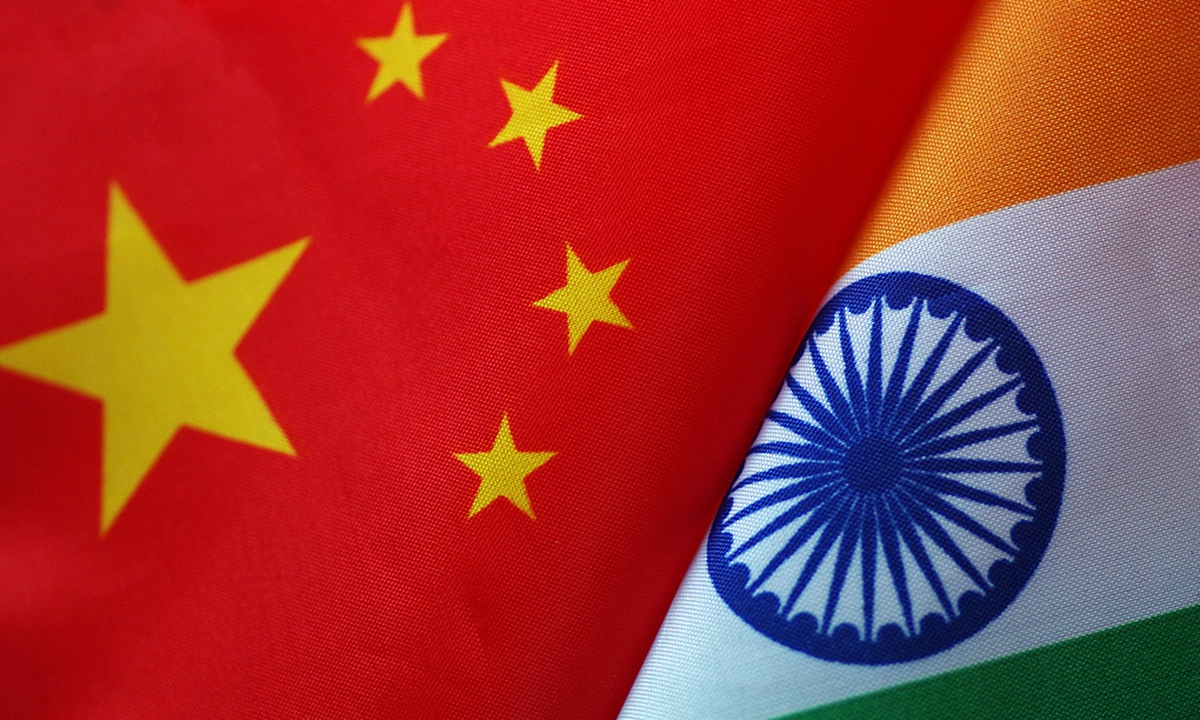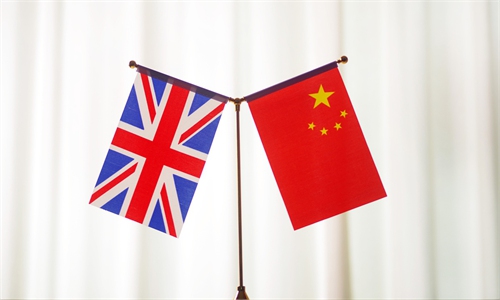Resolutions on China-India border issues a valuable opportunity to be cherished: Global Times editorial

Photo: VCG
On Tuesday, Chinese Foreign Ministry spokesperson Lin Jian stated that over a recent period of time, China and India have reached resolutions on issues concerning the border area following close communication through diplomatic and military channels. China will continue working with India for the sound implementation of these resolutions. The Indian side also stated on Monday that India and China have reached an agreement on border patrolling arrangements. Indian Foreign Minister Subrahmanyam Jaishankar noted that this signifies that "the disengagement process with China has been completed." The announcements from both sides indicate significant progress in negotiations over border issues, suggesting that the standoff in the western sector of the China-India border, which began in 2020, may soon come to an end, creating conditions for the improvement of bilateral relations.
The achievement of the resolutions seems rather "sudden." However, considering international and regional circumstances, it is somewhat inevitable that China and India could break the deadlock at this time. In recent years, frontline troops from both sides have disengaged in four areas along the western section of the China-India border, including the Galwan Valley, and the overall situation at the China-India border is stable and manageable. The two countries have held dozens of rounds of meetings of the working mechanism for consultation and coordination on border issues, during which differences have gradually narrowed and consensus has expanded. The resolutions have evidently been explored through consultations, and only through mutual understanding and compromise can a result acceptable to both sides be achieved. On September 12, Chinese Foreign Minister Wang Yi met with India's National Security Advisor Ajit Doval in Russia's St. Petersburg. They discussed the progress made in recent consultations on border issues and agreed to implement the consensus reached by the heads of the two countries, enhance mutual understanding and trust, maintain continuous communication, and create conditions for boosting bilateral ties. This shows that promoting an early resolution of the border situation is a consensus between the two countries, laying the foundation for reaching the resolutions.
Over the past four years, amid changes in China-India relations, China has taken rational, restrained, and effective measures to safeguard both national territorial sovereignty and the overall framework of bilateral relations. China and India are two neighboring major developing countries and two emerging economies. China has consistently maintained that the two nations should strengthen dialogue and communication, enhance mutual understanding and trust, properly manage disputes and differences, and develop mutually beneficial cooperation. China advocates that both sides should take responsibility for history, their people, and the world, and use rationality to transcend conflicts, disagreements, and frictions, promoting the improvement as well as stable and sustainable development of China-India relations. Looking at the process over the past four years, China-India relations have gone through many twists and turns, ultimately returning to the original point of stable development between the two countries.
In recent years, the US has intensified its efforts to court India while applying pressure on China. China has maintained its position without wavering, remaining undeterred by the "strengthening US-India cooperation." India has also observed that as US-India defense ties deepen, both countries claim to share "values," but in reality, the US only wants to use India to exhaust China while being unwilling to provide India with guarantees. On the contrary, it may push India to the front line of confronting China. At the same time, the long-standing border standoff with China has added extra defense burdens for India; policies aimed at "decoupling" from China's economy have not prevented trade data between China and India from continuously rising; restrictions on Chinese personnel visas and direct flights between China and India have created difficulties for Indian companies in technology and production. All these changes indicate that cooperation, rather than confrontation, aligns with the common interests of both countries and their peoples.
The ultimate direction of China-India relations is determined by global trends and regional dynamics. As two great ancient Eastern civilizations and emerging developing countries, China-India relations have significant implications that extend beyond bilateral considerations. The return of the two countries' relationship to the right track aligns with the interests of both sides and is a common expectation among countries in the "Global South." In the face of a world filled with change and turmoil, China and India should uphold their independence and autonomy, choosing unity and cooperation. They should strive for mutual success and avoid exhausting one another. Hopefully the achievement of the resolutions can serve as a valuable opportunity to be cherished for both sides to address their differences in a pragmatic manner and find constructive ways to coexist correctly, thereby pushing China-India relations back onto a path of healthy, stable, and sustainable development.



